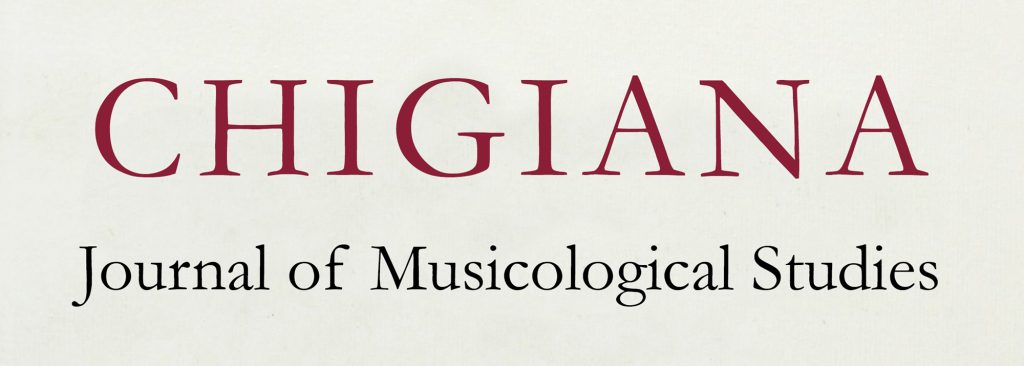
Buddismi oggettivi di John Cage, Giacinto Scelsi, Morton Feldman, Luigi Nono
Stefano Lombardi Vallauri (Università IULM, Milano)
S’intendano per “buddismi oggettivi” dei tipi di buddismo che sono tali indipendentemente che i soggetti cui essi vengono attribuiti vi aderiscano espressamente. Per argomentare gli oggettivi buddismi musicali di John Cage, Giacinto Scelsi, Morton Feldman e Luigi Nono, l’intervento compirà una triangolazione fra tre categorie di materiali: 1) le musiche dei quattro compositori; 2) le loro dichiarazioni esplicite; 3) le scritture buddiste tramandate (dal Canone pāli alla dottrina zen). Sul piano delle dichiarazioni, i quattro compositori non sono ugualmente o affatto buddisti, ma l’ipotesi è che un confronto tra le musiche e la dottrina buddista possa rivelare che invece di fatto, oggettivamente, perfino preterintenzionalmente, le loro musiche hanno certi tratti che le apparentano al buddismo. Di ciascuno dei quattro compositori saranno esaminati alcuni pezzi più significativi nella prospettiva buddista: di Cage, pezzi appartenenti a filoni diversi della produzione, in specie al filone aleatorio, nonché alla fase, ultima, delle cosiddette “time brackets”; di Scelsi, la scrittura polifonica degli anni Sessanta, inoltre alcuni brani per strumento solo del decennio precedente; di Feldman, i pezzi di durata lunga e lunghissima del periodo tardo, basati sulla iterazione/variazione di patterns; di Nono, la produzione dell’ultimo decennio, in particolare con live electronics.
The definition “objective Buddhisms” refers to types of Buddhism that are such regardless of whether the subjects to which they are attributed expressly adhere to them. To argue the objective musical Buddhisms of John Cage, Giacinto Scelsi, Morton Feldman and Luigi Nono, the paper will consider three categories of sources: 1) the music of the four composers; 2) their explicit declarations; 3) traditional Buddhist scriptures (from the Pāli Canon to Zen doctrine). Regarding the declarations, the four composers are not equally or at all Buddhist; nonetheless, a comparison between the music and the Buddhist doctrine may reveal that instead objectively, even unintentionally, their music has certain traits akin to Buddhism. Some of the most significant pieces of each of the four composers will be examined from the Buddhist perspective: by Cage, pieces belonging to different threads of his production, especially to the aleatory thread, as well as to the last phase of the so-called “time brackets”; by Scelsi, the polyphonic writing of the 1960s, and some pieces for solo instrument of the previous decade; by Feldman, the long and very long pieces of the late period, based on pattern repetition/variation; by Nono, the works of his last decade, in particular with live electronics.
